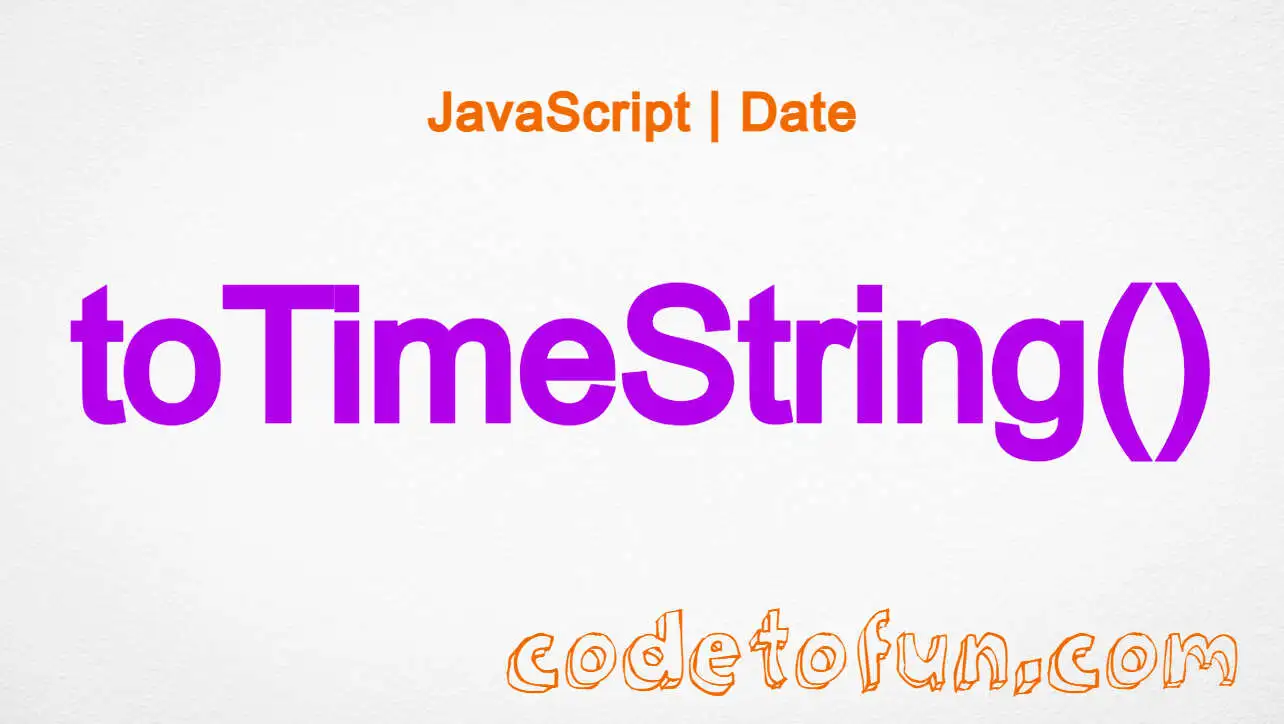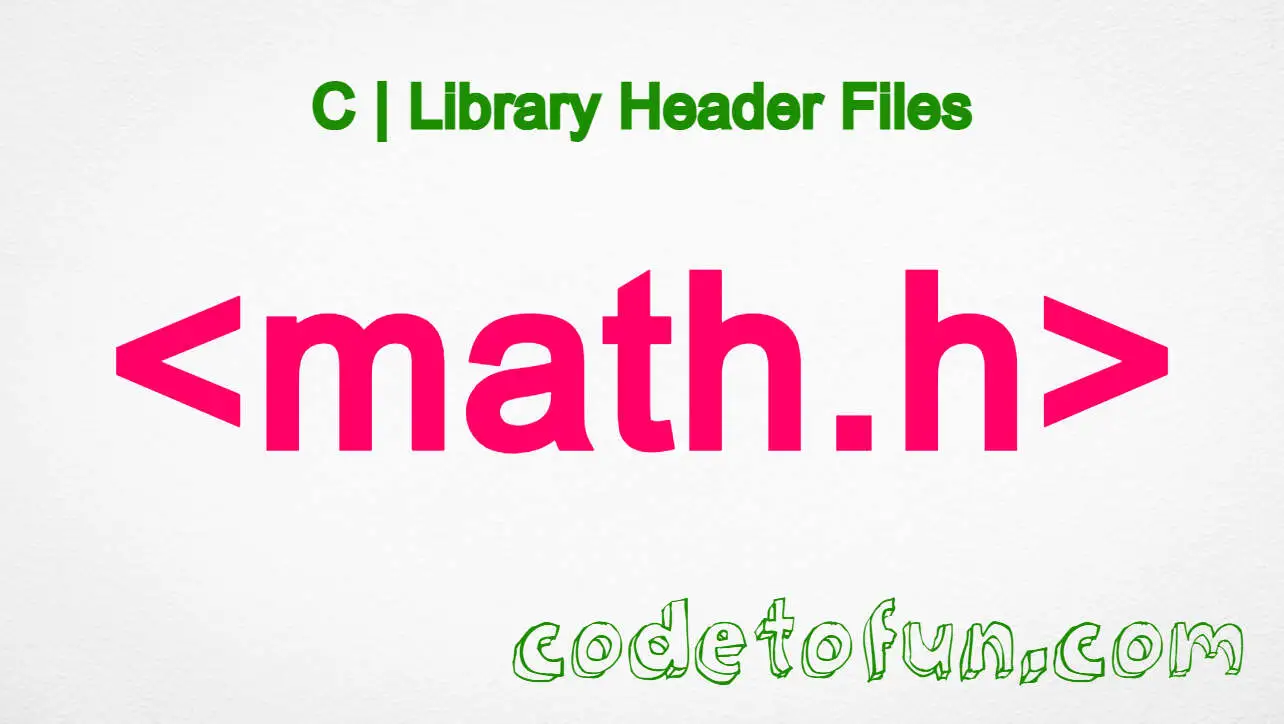
JS Date Methods
JavaScript Date valueOf() Method

Photo Credit to CodeToFun
🙋 Introduction
JavaScript's Date object provides a wealth of functionalities for working with dates and times, and the valueOf() method is a powerful tool for extracting the numeric value of a Date object.
In this guide, we'll explore the valueOf() method, examining its syntax, usage, best practices, and practical use cases.
🧠 Understanding valueOf() Method
The valueOf() method for the Date object returns the numeric value of the specified date as the number of milliseconds since the Unix Epoch (January 1, 1970, 00:00:00 UTC). This numeric value represents a timestamp and can be useful in various scenarios, such as comparing or performing arithmetic operations on dates.
💡 Syntax
The syntax for the valueOf() method is straightforward:
date.valueOf();- date: The Date object for which you want to obtain the numeric value.
📝 Example
Let's delve into a basic example to illustrate the usage of the valueOf() method:
// Create a Date object representing the current date and time
const currentDate = new Date();
// Using valueOf() to obtain the numeric timestamp
const timestamp = currentDate.valueOf();
console.log(timestamp);In this example, we create a Date object representing the current date and time and then use the valueOf() method to obtain the corresponding numeric timestamp.
🏆 Best Practices
When working with the valueOf() method, consider the following best practices:
Timestamp Retrieval:
Utilize
valueOf()when you need to obtain a numeric timestamp for a Date object.example.jsCopiedconst timestamp = currentDate.valueOf();Compatibility Checking:
Ensure compatibility with the
valueOf()method in your target environments.example.jsCopied// Check if the valueOf() method is supported if (Date.prototype.valueOf) { // Use the method safely const timestamp = currentDate.valueOf(); console.log(timestamp); } else { console.error('valueOf() method not supported in this environment.'); }
📚 Use Cases
Date Comparison:
The
valueOf()method simplifies date comparison by converting dates to numeric timestamps. This facilitates straightforward numerical comparisons.example.jsCopiedconst date1 = new Date('2022-01-01'); const date2 = new Date('2023-01-01'); if (date1.valueOf() < date2.valueOf()) { console.log('date1 is earlier than date2'); } else if (date1.valueOf() > date2.valueOf()) { console.log('date1 is later than date2'); } else { console.log('date1 and date2 are equal'); }Calculating Time Differences:
Calculate the time difference between two dates using the
valueOf()method and perform arithmetic operations on the obtained timestamps.example.jsCopiedconst startTime = new Date(); // Perform some operations or tasks const endTime = new Date(); const timeDifference = endTime.valueOf() - startTime.valueOf(); console.log(`Time taken: ${timeDifference} milliseconds`);
🎉 Conclusion
The valueOf() method enhances the capabilities of the Date object in JavaScript, providing a straightforward way to obtain numeric timestamps.
By adhering to best practices and exploring diverse use cases, you can harness the full potential of the valueOf() method in your JavaScript projects.
👨💻 Join our Community:
Author

For over eight years, I worked as a full-stack web developer. Now, I have chosen my profession as a full-time blogger at codetofun.com.
Buy me a coffee to make codetofun.com free for everyone.
Buy me a Coffee











If you have any doubts regarding this article (JavaScript Date valueOf() Method), please comment here. I will help you immediately.